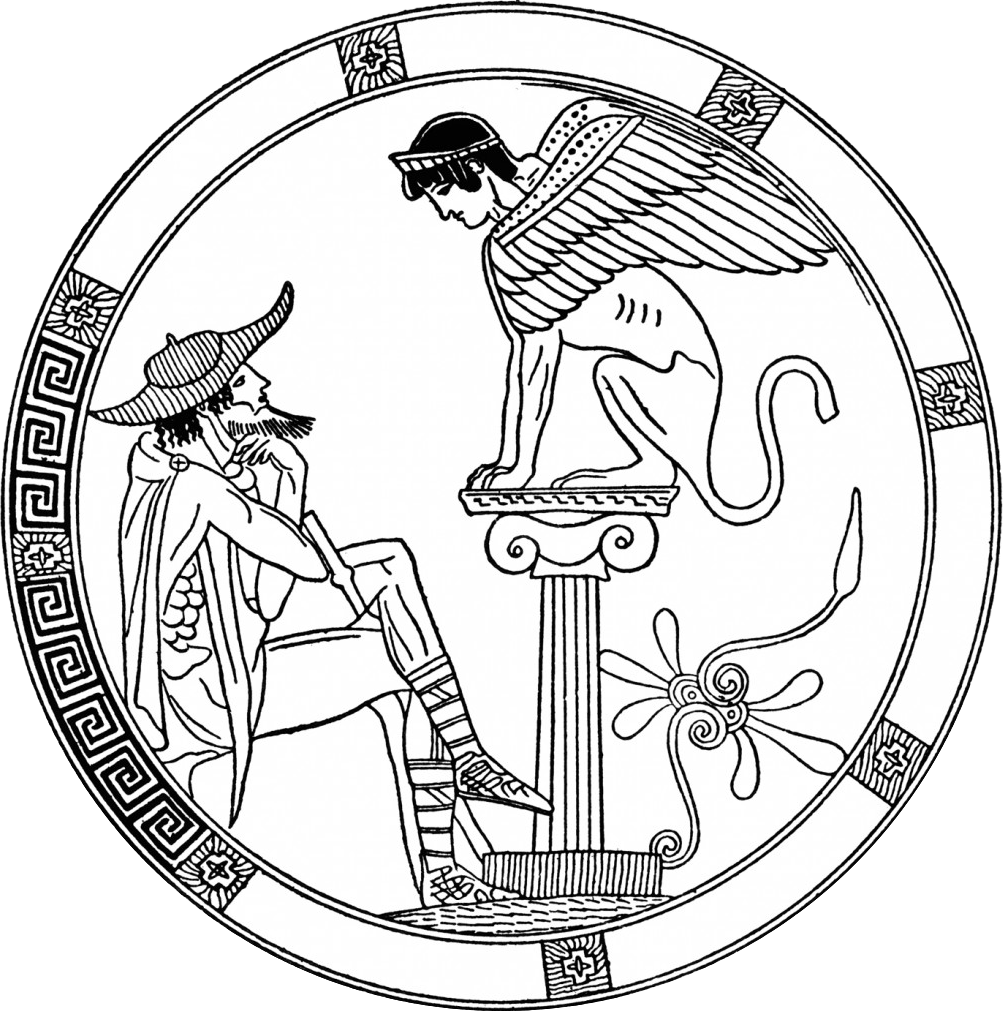Edge of Catastrophe: Erich Fromm, Fascism, and the Holocaust
Published in the Journal of the American Psychoanalytic Association, 2025, Volume 73, Number 6. Erich Fromm, Fascism, and the Holocaust. By Roger Frie. New York: Oxford University Press, 2024, 216 pp., $35.00 hardcover.
When Fascism came into power, most people were unprepared, both theoretically and practically. They were unable to believe that man could exhibit such propensities for evil, such lust for power, such disregard for the rights of the weak, or such yearning for submission. Only a few had been aware of the rumbling of the volcano preceding the outbreak.
—Erich Fromm (1941), Escape From Freedom
There has been a great deal of recent talk about psychoanalysis’s social turn. As Roger Frie reminds us, this is hardly a new line of inquiry for our field. Psychoanalysis has long struggled to account for societal, cultural, and political influences on the human psyche, even when some have dismissed such factors as irrelevant to clinical practice. As a German Jewish emigrant fleeing Nazi Germany in the early 1930s, Fromm was no stranger to the impact society had on the individual and devoted much of his later career to explaining it. He once wrote, “the most important factor for the development of the individual is the structure and the values of the society into which he has been born” (Fromm, 1962/2009, p. 177). Roger Frie’s newest book, Edge of Catastrophe: Erich Fromm, Fascism, and the Holocaust, is a timely response to public interest in Erich Fromm and those of his political writings that help us understand the resurgence of fascism and human destructiveness taking place around the world.
To read more, click here.
